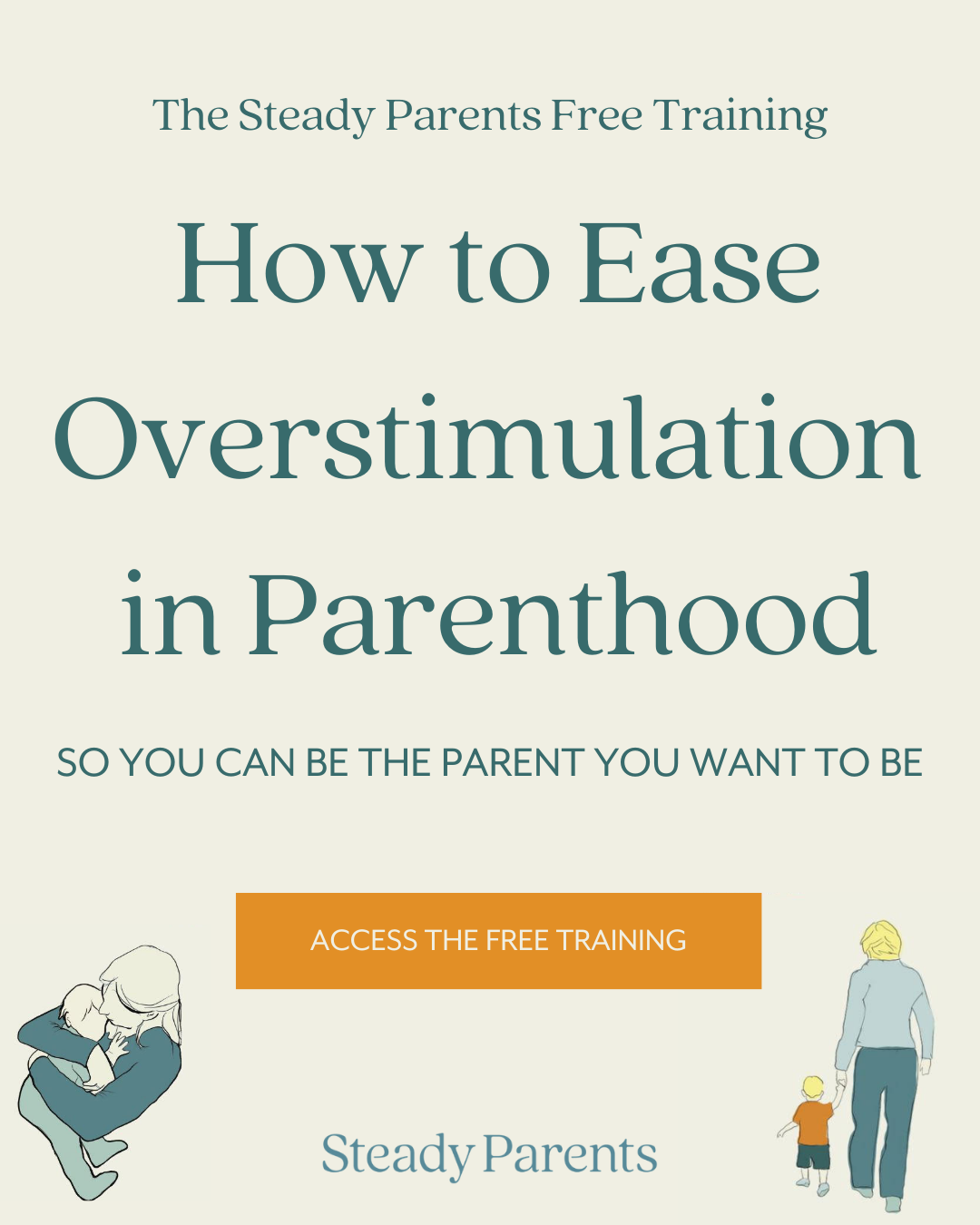Navigating Sensory Differences in Marriage: Understanding and Communicating Your Needs
Do you find yourself getting super annoyed when your partner rough houses with the kids?
You just want to instill a calming, bedtime ritual but when your partner comes home, they get the kids all riled up with wrestling, running, and yelling. Not what you want after a long day of parenting.
The reason this bothers you so much is because at certain times of the day (or maybe all the time!) you and your partner have different sensory needs.
Everyone’s sensory system has its unique set of needs and processes information in different ways.
“Everyone’s sensory system has its unique set of needs and processes information in different ways.”
Why Partners Have Different Sensitivities
So why do these differences in our sensory sensitivities exist? The answer is muti-faceted, so let’s dive into some possible causes.
Spouses can have different sensory processing skills and needs for various reasons, including differences in their genetics, upbringing, and individual preferences. Here are some factors that can contribute to these variations:
Genetics
Genetic factors play a significant role in sensory processing. People inherit their sensory preferences and sensitivities to some extent. For example, some individuals may be genetically predisposed to have heightened sensitivity to certain sensory stimuli, while others may have a higher sensory threshold.
Early Childhood Experiences
A person's early experiences and environment can shape their sensory processing skills and needs. Childhood experiences, such as exposure to different sensory stimuli and types of sensory stimulation, can influence an individual's sensory preferences and tolerances.
Neurodiversity
Sensory processing differences are common in neurodiverse populations, such as individuals with autism, ADHD, or sensory processing disorders. These individuals may have sensory sensitivities or sensory-seeking behaviors that can be distinct from those of neurotypical individuals.
Cultural and Environmental Influences
Cultural and environmental factors can also impact sensory processing. Different cultures have varying norms and expectations regarding sensory experiences, which can influence how people perceive and respond to sensory stimuli.
Personality and Temperament
An individual's personality traits and temperament can affect their sensory processing. For example, introverts and extroverts may have different sensory needs and preferences. Introverts might be more sensitive to sensory stimuli and prefer quieter, less stimulating environments, while extroverts may seek out more sensory input and enjoy social gatherings with high levels of stimulation.
Emotional State
An individual's emotional state can influence their sensory processing at a given moment. Stress, anxiety, or mood can affect how someone perceives and responds to sensory stimuli.
For instance, stress might heighten sensitivity to certain sensory inputs, while relaxation might lead to greater tolerance
You know when you’re in the middle of cooking dinner- you’ve got a pot of boiling water ready for you to add noodle to, the microwave is beeping signaling it’s time to take out the frozen vegetables you’re preparing, your kids are watching TV in the background- and then you get interrupted by your oldest saying, “Mommy, brother isn’t sharing!”
All of this stimuli at once signals to our body that we need to change our environment, hence why we feel so on edge. And yet our partner might be completely unbothered by all of the noise going on while making dinner. Some people can simply tune it out better than others in these heightened emotional states.
Aging
Sensory processing can change with age. As people get older, they may experience changes in their sensory perception, such as hearing and vision loss, which can lead to different sensory needs and sensitivities.
Individual Preferences and Interests
Personal preferences and interests play a significant role in how spouses perceive and respond to sensory stimuli. Some people may have specific sensory preferences based on what they find enjoyable or soothing.
For example, one spouse may find the sound of rain relaxing, while the other may prefer music to unwind. Some parents may want to wrestle at the end of the day while others want to cuddle up and read bedtime stories. There is no right or wrong- just different!
Communicating with Your Spouse About Different Sensory Sensitivities
For parents who may have sensory sensitivities, dysregulation, or overstimulation, effectively communicating these needs to a partner is essential for maintaining healthy and supportive relationships.
Remember the parenting mantra when you start to feel overwhelmed… “it makes sense" and give yourself and your partner some grace.
Remember, every relationship is dynamic, and there's no one-size-fits-all solution. Our goal is to empower you to start and maintain conversations with your partner, fostering an environment of understanding, empathy, and support.
It's important to recognize and respect these individual differences in sensory processing within a marriage or any relationship. Effective communication and compromise can help couples navigate these variations in sensory needs and create a harmonious environment that accommodates both partners' preferences.
Need more support so that you and your partner can get on the same page?
Be sure to check out our new guide- Navigating Needs Together: A Guide to Understanding and Communicating Your Sensory Needs With Your Partner.
It is now a part of the SOS Vault which you can access by purchasing the Sensing Your Needs in Parenthood program.
Pin This for Later:









